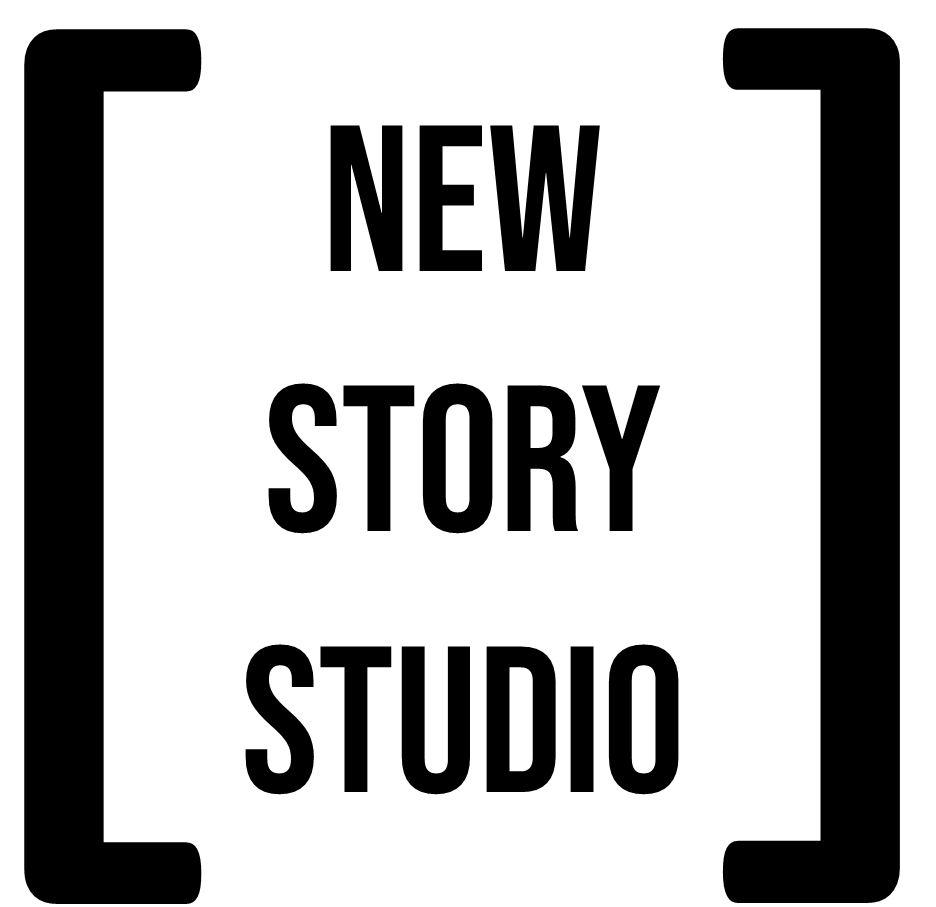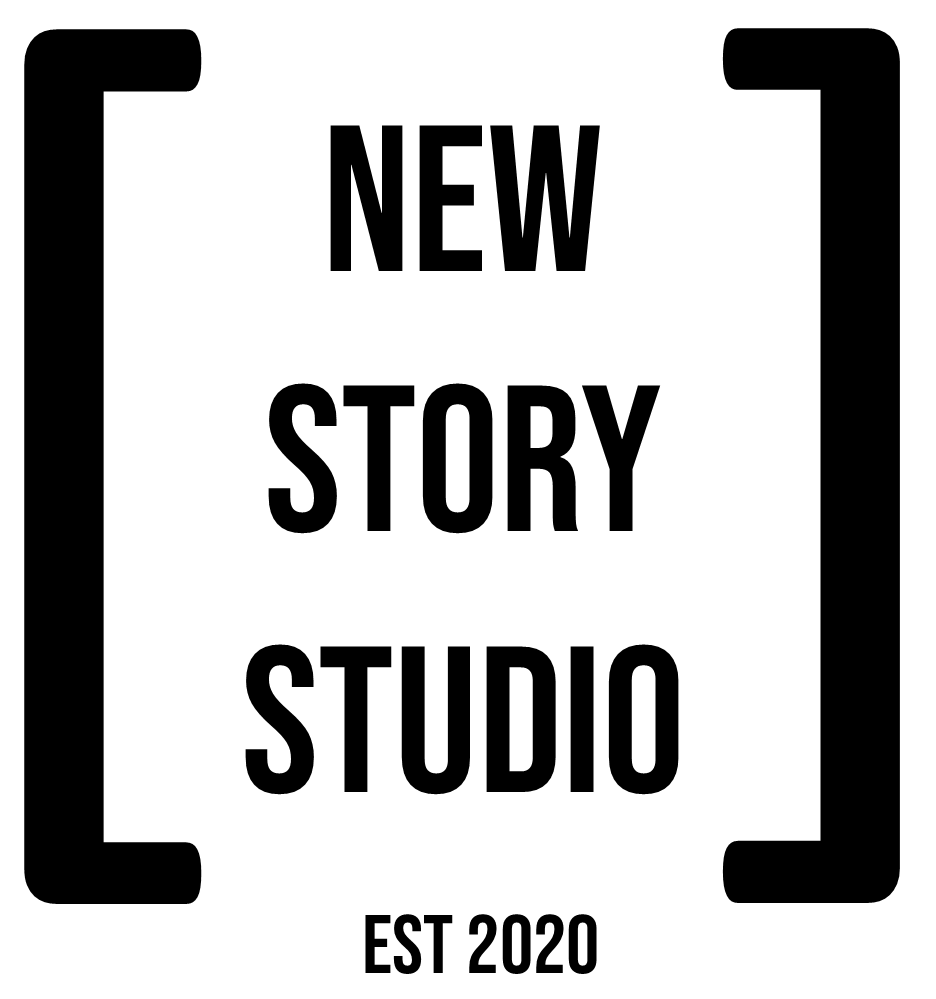Cold Water Rising
Reintroduction -
This blog, this online journal, is focused on energy. It is both my minuscule contribution to a global conversation and a rather significant personal sharing. In that way, the writing embraces the heart of the challenging question upon us: do we care enough to act in our own small way in this sea of human activity?
Enrolled at Western Washington University in Bellingham, I focus my collegiate capacity upon energy policy, entrepreneurship, and collaborative relations. Each of these areas are broad and perhaps a bit esoteric, but in truth they all narrow down to one aim: I am passionate about addressing human-caused climate change by affecting transitions in energy (policy) through the means of developing new relationships and innovations, both social and technological. I believe this "issue" to be paramount for all species on the planet. And after much consideration, my best approach for contributing solutions may be in facilitating the generation of restorative and collaborative relationships: human to human, human to self, and humans to the greater world.
Where Are We Now?
Our numbers are growing. Edging near eight billion humans, this living planet is attempting to hold us all as carefully as possible. And yet we humans understand, intellectually, that there's a limit to all things. Conversations concerning "our" need to consume less, and effectively change fundamental habits are ongoing and so far have resulted in incremental change. These ideas are not accepted or spoken about in every land, nor need they be. Those that have not materially benefited from the energetically demanding systems do not need to concern themselves with consuming less. Instead, those that have thrived and bathed in the age of convenience, and effectively demanded such resources from the world are needed in the conversation. In short, people like myself are being asked to own up to our role and responsibilities.
The crux of the change really relies on understanding what is at stake. Like everything else in life, humans cannot fully predict or comprehend the consequences of all actions. However, we can know that continuing on this path of overuse and extraction has directly impacted three elements we all innately respect: air, water, and soil health. It can be as simple as that. Do we want to breathe fresh air? Do we thirst for clean water? Do we hunger for healthy food? And lastly, but perhaps most importantly, do we wish to respect our relationship with the world in and around us? I think so.
Looking directly at the situation at hand, we can instead evaluate and measure our impact. In this country, our carbon emissions have lowered slightly in the past decade. This is due to the change in the economic viability of coal. Despite coal's diminishing role as a primary source of energy (and pollutant) in this country, overall greenhouse gas emissions have not dropped below our 1990 marker emissions that we center our reduction goals around. Here are two big reasons why:
One: Fossil fuel companies have greatly increased their technical ability to extract trapped "natural gas" by way of hydraulic fracturing (fracking), transport by pipeline, and sell to consumers via electric power production, heating, and cooking. Our continued demand for life as is fuels this extraction. An aside, "Natural gas" is a euphemism for methane (CH4) and is at least 20 times more potent of a greenhouse gas than carbon dioxide when directly released. "Natural gas" is no more accurate as a term than if we were to call solar power "natural electricity".
Two: Global population is on the rise even as birth rates decrease by historical comparison. More people generally means more stuff is demanded. More stuff demanded generally means more energy is being demanded. More energy demanded, when not demanded exclusively from renewable non-greenhouse gas emitting resources, means more emissions are being demanded.
While these are not the only two pieces of our inability to draw down emissions, they are akin to the Big Mac in our 'diet'. That is, we know that if we were change our appetite to another less destructive food group, we'd be more able to take on the challenge of climate change. Speaking of food, purchasing from the modern meat industry is also one of the most energy intensive points of consumption for the everyday consumer. One-third of the world's arable land, including the Amazon rain forest, is used to grow food for livestock. Soil, forests, and oceans are incredible "carbon-sinks" and allow the planet to process and breathe oxygen by processing carbon dioxide. Destroying their capacity to do this work is incredibly short-sighted. There could be great gains in lowering our emissions if we collectively limited our destruction of these lands and waters.
What To Do?
It's a question that people like myself have many answers to, and yet it doesn't seem like these are the answers people want to hear. It is suggested that as citizens, we can have an impact by: consuming less stuff / meat / energy, driving/flying less, and of course, voting for responsible leaders.
Other suggestions for more profound industry and social solutions can be found in the groundbreaking work done by the Drawdown team.
David Roberts, an energy and climate writer for Vox, puts our reality into focus here:
"Put simply, if we are determined to maintain the economic status quo, we cannot possibly mitigate climate change, so we must turn to adapting to it. And if we opt for adaptation, they write, “we have to come to terms with the impossibility of material, social, and political progress as a universal promise: life is going to be worse for most people in the 21st century in all these dimensions. The political consequences of this are hard to predict. The choice is radicalism today or disaster tomorrow, and from all signs, humanity is choosing the latter."
What would "we" have to do to meet the goals set forth? Many researchers have been asking this question and devising strategies for success. However, the challenge is more than daunting. Observe the graph below to get a whiff of the way ahead. Graphs tell one side of the story. We all have our own. With this post, I mean not to suggest limiting our lives but instead to encourage understanding of the situation we are collectively within. We owe at least that much to ourselves, this living planet, and those yet to join us.
Be well.





